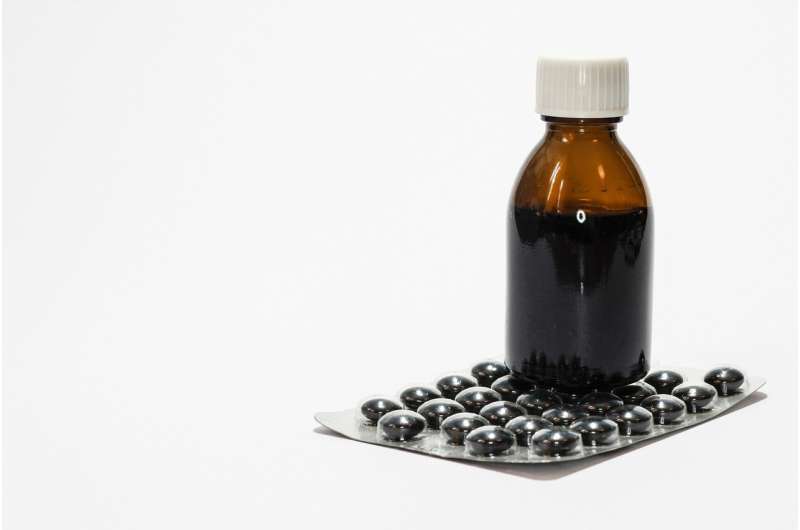Promising Results from Shortened Immunotherapy Duration for Advanced Melanoma in Clinical Trial

A groundbreaking clinical trial suggests that stopping immunotherapy after one year may be as effective as two years for advanced melanoma, potentially reducing side effects and treatment burden.
Recent research conducted by the Universities of Sheffield and Leeds, along with Sheffield Teaching Hospitals NHS Foundation Trust, indicates that reducing the duration of immunotherapy treatment in patients with inoperable late-stage melanoma may maintain effective disease control. The UK DANTE phase III trial explored whether stopping treatment after 12 months was as effective as continuing for two years or longer.
This extensive five-year study, which involved 415 patients across 36 UK hospitals, found that approximately 80.2% of patients who ceased immunotherapy after one year continued to have controlled disease after an additional 12 months. This closely matched the 87.6% disease control in patients who received longer treatment durations, suggesting that shorter treatment periods could be equally effective for some patients.
Interestingly, secondary analyses showed minimal differences in quality of life between the different treatment groups, and ongoing research aims to evaluate the cost-effectiveness of shorter treatments. The trial's findings are particularly significant given that the standard approach currently recommends at least two years of immunotherapy with drugs such as pembrolizumab and nivolumab. While these therapies have markedly improved survival rates, concerns about severe side effects and the optimal treatment length persist.
The trial faced challenges with recruitment, partly due to the COVID-19 pandemic, which resulted in early closure and an underpowered sample size. Consequently, extending treatment beyond two years remains the recommended course. Nevertheless, Professor Sarah Danson, leading the trial, emphasized the importance of balancing treatment benefits with potential side effects, noting that less treatment could reduce patient burden.
A notable participant, Jackie Summers, aged 77, from Lincoln, exemplifies the potential benefits. Diagnosed with stage 3 melanoma in 2018, she volunteered for the trial after a year of immunotherapy, leading to significant tumor shrinkage and reduced symptoms. Her experience underscores the value of research in advancing melanoma care.
The trial's comparative results will be featured at the upcoming ASCO Annual Meeting and are expected to guide future treatment strategies, emphasizing personalized approaches and the importance of ongoing clinical trials.
source: https://medicalxpress.com/news/2025-06-reduction-length-immunotherapy-treatment-hard.html
Stay Updated with Mia's Feed
Get the latest health & wellness insights delivered straight to your inbox.
Related Articles
Breakthrough in Alzheimer's Treatment: Enhancing Brain Blood Flow via Microglia
New research highlights the role of microglia in regulating brain blood flow, offering a novel approach to combat neurodegenerative diseases like Alzheimer's by improving cerebral circulation.
Research Finds No Link Between Childhood Aluminum Vaccines and Risk of Chronic Disorders
A large Danish study shows no link between aluminum in childhood vaccines and increased risk of autoimmune, allergic, or neurodevelopmental disorders, supporting vaccine safety.
Indian States Ban Contaminated Cough Syrup Following Child Mortality Cases
Several Indian states have banned a contaminated cough syrup linked to the deaths of children under five, emphasizing the need for stricter pharmaceutical controls.
Hormone Discovery Reveals Mechanism of Immune Suppression in Cancer Progression
A new study reveals how a hormone suppresses immune cells, enabling cancer to evade detection. Insights into this mechanism could lead to innovative immunotherapy treatments.



